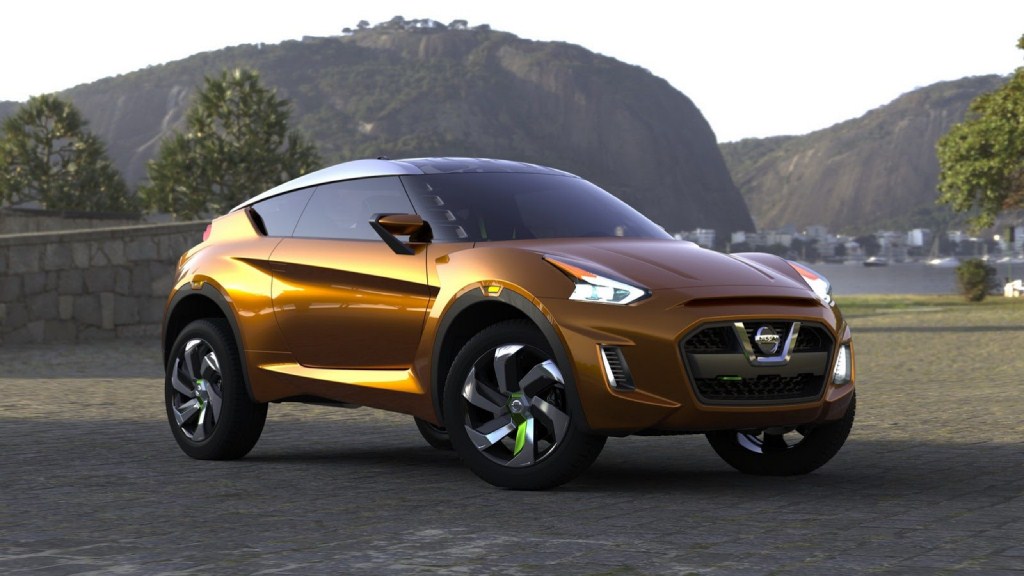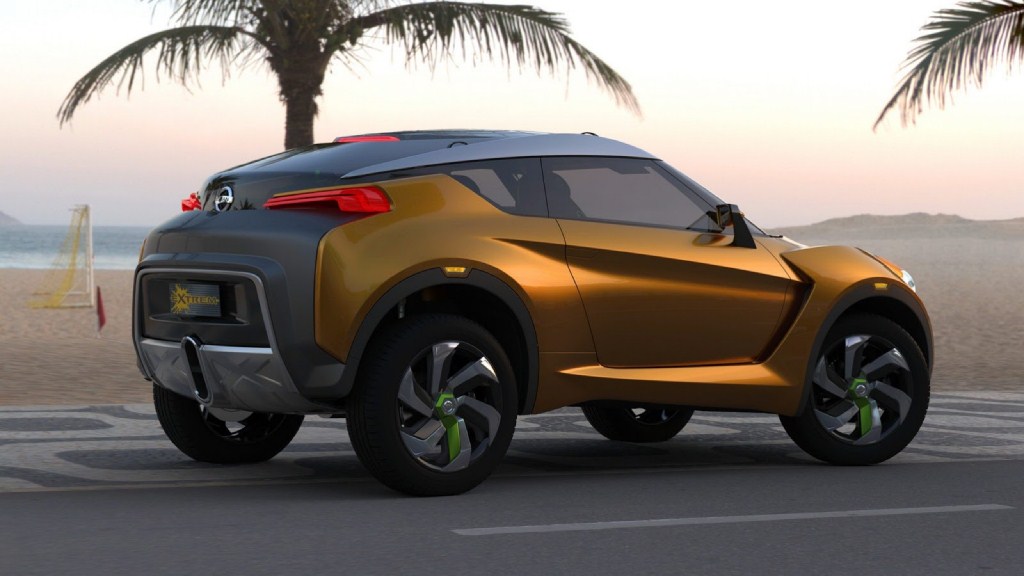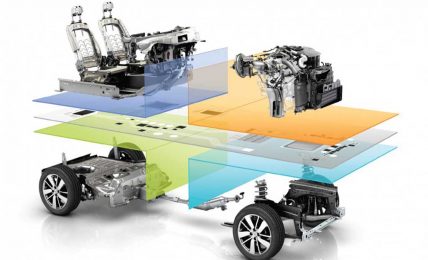Nissan, along with other steel majors have developed an advanced high tensile steel and will be equipping the same for upto 25 percent of overall vehicle parts starting from 2017. The 1.2 gigapascal (GPa) ultra high tensile strength steel with high formability will assure Nissan to reduce the overall weight of their cars by about 15 percent. The newly developed steel for now has been employed in the 2013 Infiniti Q50. On a larger scale, Nissan will gradually increase the use of this steel for more parts starting 2017 thereby helping the Japanese carmaker to achieve one of its future initiatives to reduce overall weight of its cars.
Earlier it was difficult to use high tensile steel for complex vehicle parts but with the development of the 1.2 GPa ultra high strength steel, the same will be an intense possibility. The 1.2 GPa high tensile steel is a careful combination of materials which enable it to provide greater elongation, stronger with high formability and the result is much lighter steel sheets. The use of this steel also leads to fewer materials required per vehicles produced thereby attracting price cuts. Also, not much modification will have to be done to the existing production line for implementation of this material.
The only requirement it demands is a higher precision die-design and a welding process suitable for various grades of advanced high tensile steel, the 1.2 GPa steel can be used for production of more vehicle parts, including those complex ones. A reduced weight for a car means lesser consumption of fuel. Yet another target seen achieved by Nissan which was, under the Nissan green program, aiming at 35 percent improvement in fuel economy by 2016. Seems like a good bet that the implementation of this steel will see Nissan making cars with reduced weight, using lesser materials and offering improved fuel efficiency.






